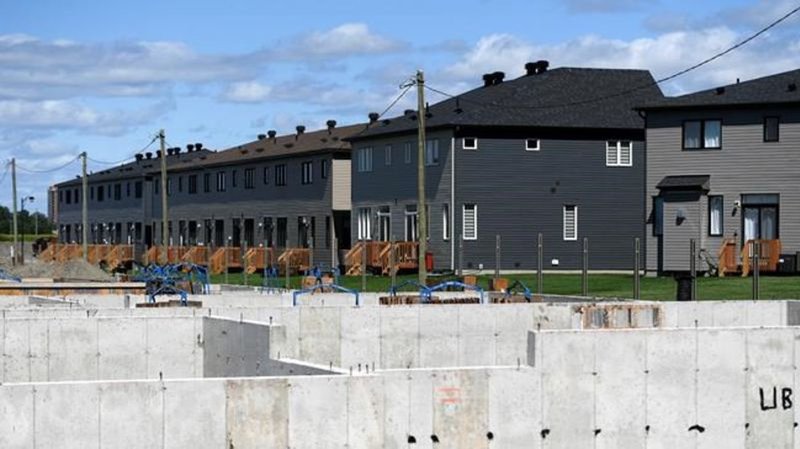
Capital gains tax on main residences unlikely to solve housing problems, experts say
HALIFAX — Housing affordability is front of mind for Canadian voters, with the three major parties each vowing in their election platforms to make it easier for families to purchase homes.
One market-cooling option in the policy toolkit: taxing capital gains on the sale of principal residences.
Politically, it’s not an easy proposal to sell. The proposal is so unpopular with voters that when a senior bank economist suggested in a research paper earlier this year that the principal residence exemption from capital gains tax be reviewed, he later clarified that the idea was being floated as a “theoretical exercise.”
The Canadian government first introduced capital gains taxes in 1972, but exempted primary homes from taxation in a bid to encourage home ownership. Half a century later, bidding wars, blind offers and double-booked viewings – once the stuff of big-city lore – have become ubiquitous in rural and suburban areas across the country.


